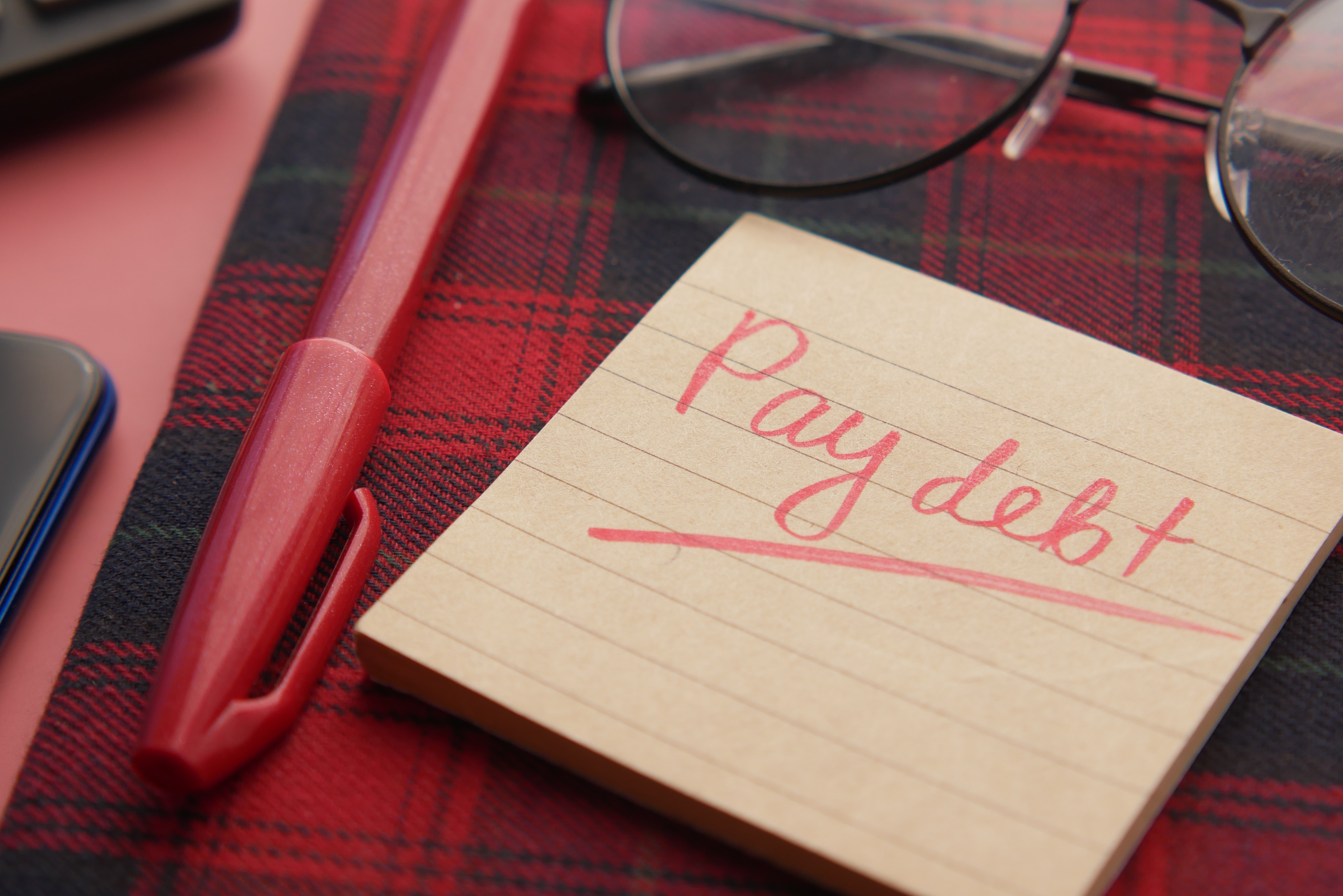In an era where credit is easily accessible and the cost of living continues to rise, debt has become a common reality for many. However, being in debt doesn't have to be a lifelong sentence. With the right strategies and determination, you can overcome your debt and take strides toward financial freedom. This comprehensive guide provides practical advice and actionable steps to help you navigate the path to becoming debt-free.
Understanding Your Debt
Before you can effectively tackle your debt, it's crucial to understand what you're dealing with. Debts can vary greatly in terms of interest rates, repayment terms, and consequences of non-payment. These factors can significantly affect your approach to debt repayment. Understanding your debt is the first step towards managing it effectively.
Establishing a Solid Financial Foundation
Creating a solid financial foundation is vital when aiming to get out of debt. This includes having a budget, establishing an emergency fund, and learning basic financial management skills. Without a solid foundation, your efforts to become debt-free could easily be derailed by unexpected expenses or financial missteps.
Creating a Budget
A well-structured budget serves as a roadmap for your spending, guiding you to make wise financial decisions. Start by identifying all your income sources and expenses. Prioritize necessities like housing, food, utilities, and debt repayments, and look for areas where you can reduce spending. Ensure your budget includes some room for savings and discretionary spending to prevent burnout.
Building an Emergency Fund
An emergency fund acts as a financial safety net, protecting you from unforeseen expenses such as medical emergencies or job loss. Aim to save at least three to six months' worth of living expenses. While this may seem daunting, starting small and consistently adding to your fund can make this goal achievable.
Strategies to Tackle Your Debt
Once you have a solid financial foundation, it's time to tackle your debt. Here are some strategies that can help you manage and eliminate your debt:
The Debt Avalanche Method
The debt avalanche method involves paying off your debts from the highest interest rate to the lowest. This strategy can save you money over time, as you'll reduce the amount of interest you're paying.
The Debt Snowball Method
The debt snowball method involves paying off your smallest debts first while making minimum payments on larger ones. While this might not save you as much in interest as the avalanche method, it provides psychological wins that can motivate you to stick to your debt repayment plan.
Debt Consolidation
Debt consolidation involves taking out a new loan to pay off your existing debts. This leaves you with a single monthly payment, often with a lower interest rate, making your debts easier to manage.
Negotiating with Creditors
Sometimes, you can negotiate better terms with your creditors. This could include lower interest rates, waived fees, or a reduced settlement amount. It's worth reaching out to your creditors to discuss your situation.
Increasing Your Income
Increasing your income can significantly speed up your debt repayment process. Consider taking on a part-time job, freelancing, or selling unused items.
The Psychological Aspect of Debt
Debt can have a significant impact on mental health, causing stress, anxiety, and even depression. Acknowledging the psychological burden of debt is crucial in managing it effectively. Developing coping mechanisms such as stress management techniques, seeking support from loved ones, or consulting a mental health professional can be beneficial during this challenging period.
Maintaining Good Credit During Debt Repayment
While repaying your debt, it's also important to maintain or improve your credit score. A good credit score can offer numerous benefits in the future, including lower interest rates on loans and credit cards. Here are some tips to maintain and improve your credit score:
Make Timely Payments: Pay all your bills on time. Late payments can harm your credit score.
Keep Credit Utilization Low: Aim to use less than 30% of your total available credit. High credit utilization can negatively impact your credit score.
Maintain Old Credit Accounts: The length of your credit history contributes to your credit score. Keeping old credit accounts open can help maintain a longer credit history.
Real-Life Success Stories
Sometimes, the journey to becoming debt-free can seem overwhelming and lonely. Hearing about others who have successfully managed to eliminate their debt can be incredibly inspiring and motivating. In this section, consider adding some real-life success stories.
Q&A Section
Q: How long does it usually take to get out of debt?
A: The time it takes to get out of debt depends on the total debt amount, your income, and how much you can afford to put towards your debts each month. Consistency and adherence to your repayment plan are key.
Q: Is debt consolidation a good idea?
A: Debt consolidation can be beneficial if you have multiple high-interest debts, as it can potentially lower your overall interest rate and simplify your payments. However, it's not suitable for everyone and should be considered after thoroughly understanding its implications.
Q: Should I focus on saving or paying off debt first?
A: Both are important. While making regular payments towards your debt is crucial, having a small emergency fund can prevent you from taking on more debt in case of unexpected expenses.
Q: How can I increase my income to pay off debt faster?
A: There are several ways to increase your income, such as taking on a part-time job, freelancing, selling unused items, or turning a hobby into a source of income.
Becoming debt-free is not an overnight process, but with determination, discipline, and a well-structured plan, it's certainly achievable. Remember, it's not just about eliminating debt, but also about building healthy financial habits that will keep you debt-free in the future.
Despite the challenges, the journey to financial freedom is immensely rewarding. As you make progress, you'll find yourself regaining control over your life, experiencing less stress, and enjoying a sense of accomplishment. So, keep moving forward, stay focused, and you'll eventually reach your goal of a debt-free life.
Additional Resources
To further assist you on your journey to financial freedom, here are some resources that offer more in-depth information, tools, and support:
- National Foundation for Credit Counseling (NFCC)
- Financial Planning Association (FPA)
- Consumer Financial Protection Bureau (CFPB)
Remember, while the journey may be challenging, the freedom that comes with being debt-free is worth the effort. Your path to financial freedom starts today.










